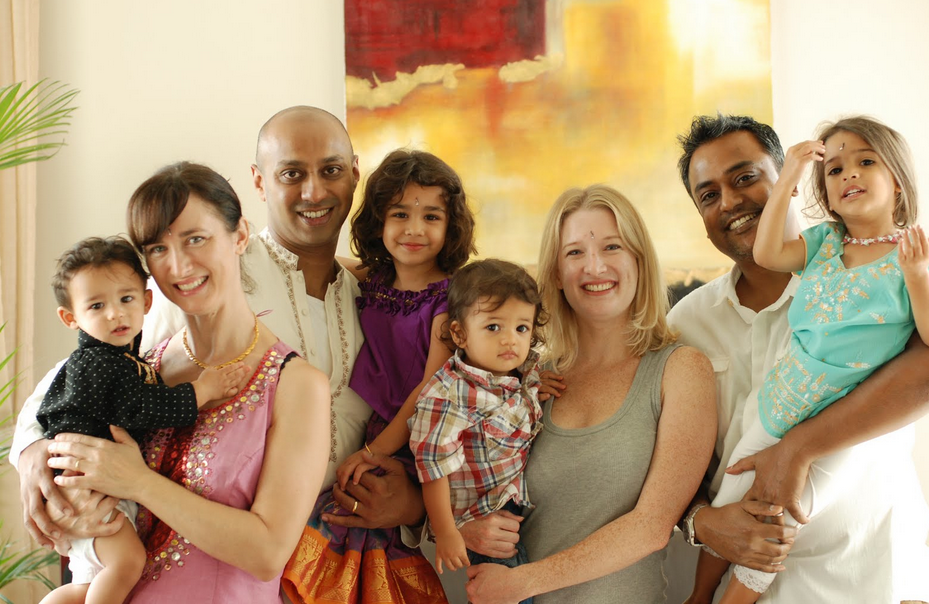October 21, 2014
As our society, culture and world become increasingly co-mingled and diverse, I think we’re witnessing a corresponding evolution in what men and women — straight, gay; younger and older — look for in a relationship that they want to enter and build with a partner. Part of this shift includes the variety of ways people are constructing their intimate partnerships. It’s important to understand and learn from — whether one “approves” or not; or rejects as “unacceptable,” based on one’s own point of view.
For example, baby boomers’ children are accustomed to varieties of relationships that their midlife parental generation opened the door to. Today, we see LGBT relationships; interracial relationships; permanent cohabitation rather than marriage, even after having children; open relationships; redefining what “family” is; even polyamory as well as a movement to decriminalize polygamy. The capacity to understanding and make sense of change is important in life, but it’s especially crucial today as the definition of love relationships as well as families steadily evolve.
One part of the societal shift towards more open diversity of relationships includes changing views among millennials of how they perceive the relevance of marriage. A recent example is a Pew poll that asked people of all ages how they about marriage and having children. And, whether society is better off if people give priority to marriage. A report of the findings by Lynn Stuart Parramore in AlterNet revealed that the percent saying “yes” gradually declined from 61 percent among those over 65 “for every age group until you reach millennials, of whom only 29 percent agreed. An astonishing 69 percent of millennials said society is just as well off if people have other priorities.”
Parramore raises several possible explanations for the views of the younger generations: “Are they just saying that other goals, like establishing a home or finding a career, are just as important? Perhaps their stronger “live-and-let-live” vibe makes them averse to placing value judgments on the priorities of other people, regardless of how they themselves feel.”
She cites a report by the Urban Institute that the current crop of young people is headed for the lowest rates of marriage by age 40 of any generation ever recorded. The study suggests that over 30 percent of millennial women will still be single at age 40. That’s almost double the rate for Gen X.
There are many forces that are fueling this shift. But I think it’s essential to be open to and learn from the psychological and social experiences of this and other shifts; what they tell us about what healthy individual lives and societies consists of — or doesn’t — in this evolving world.

